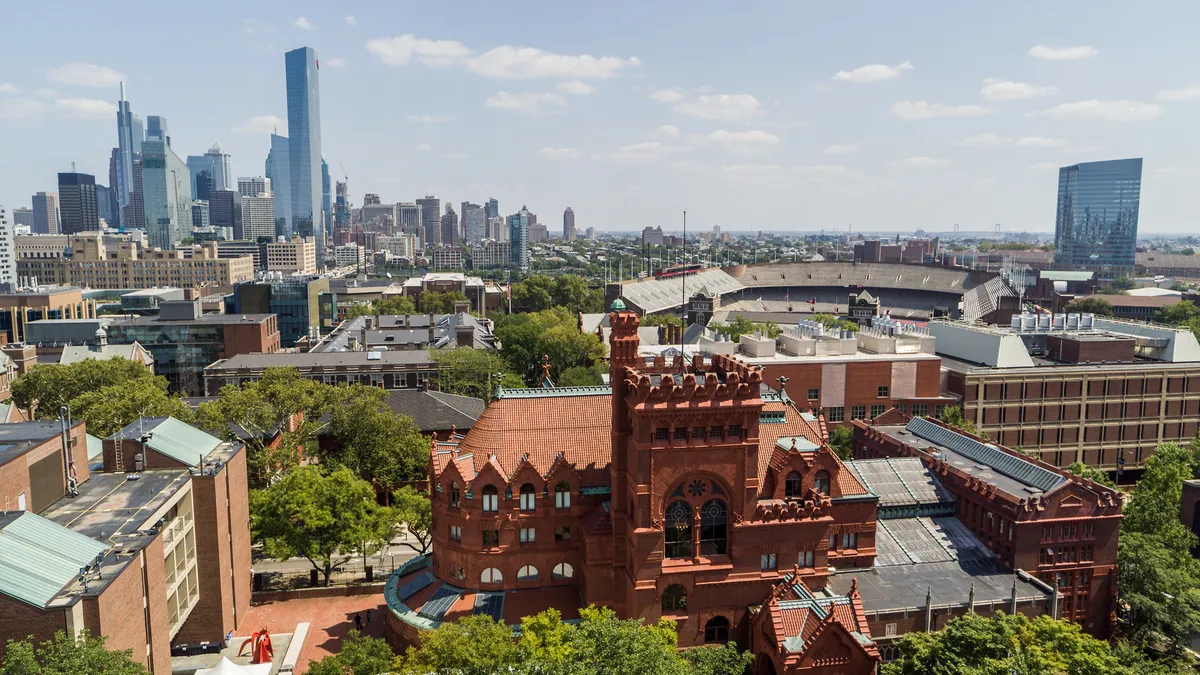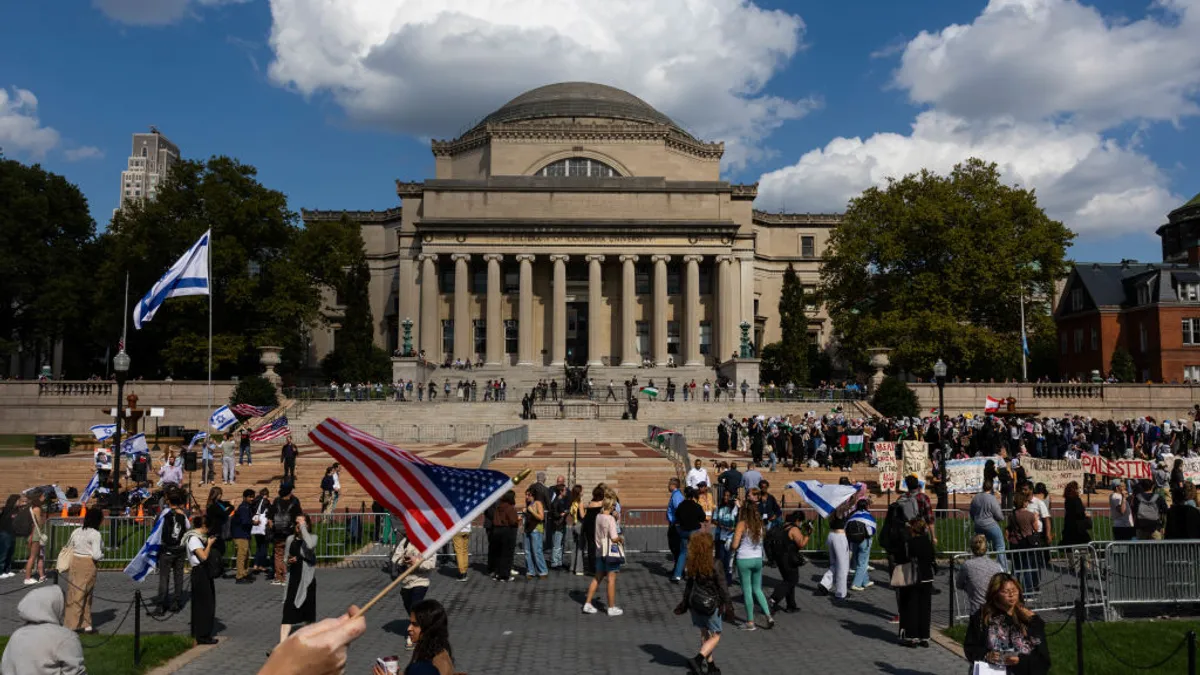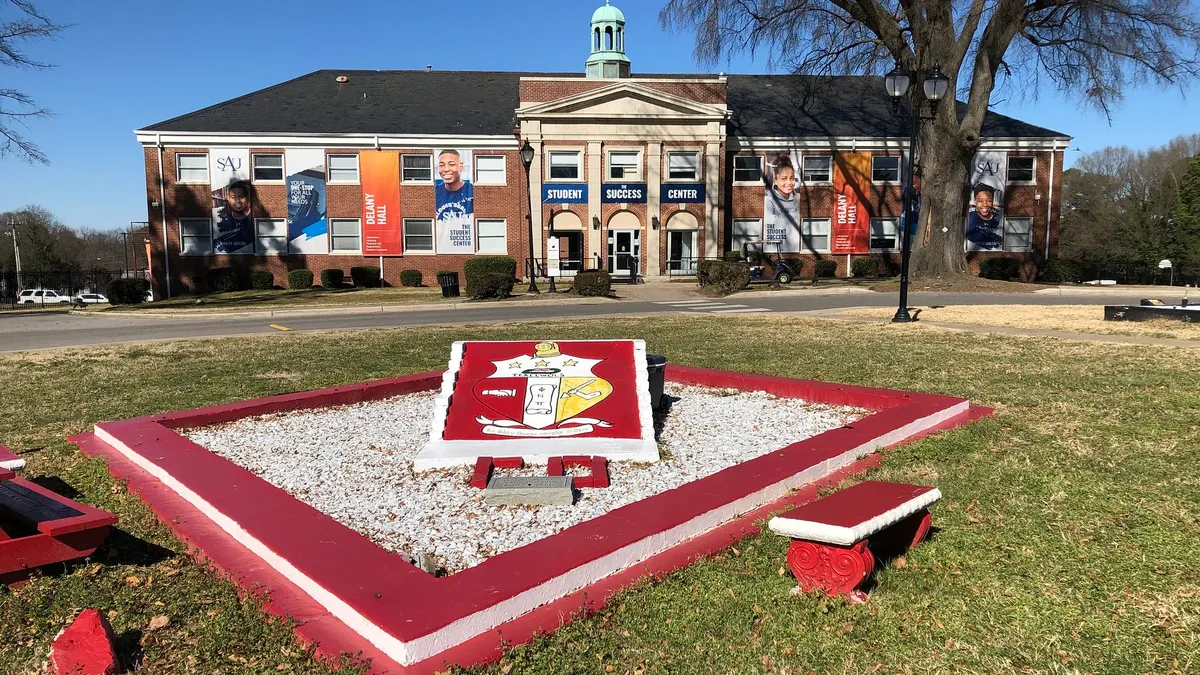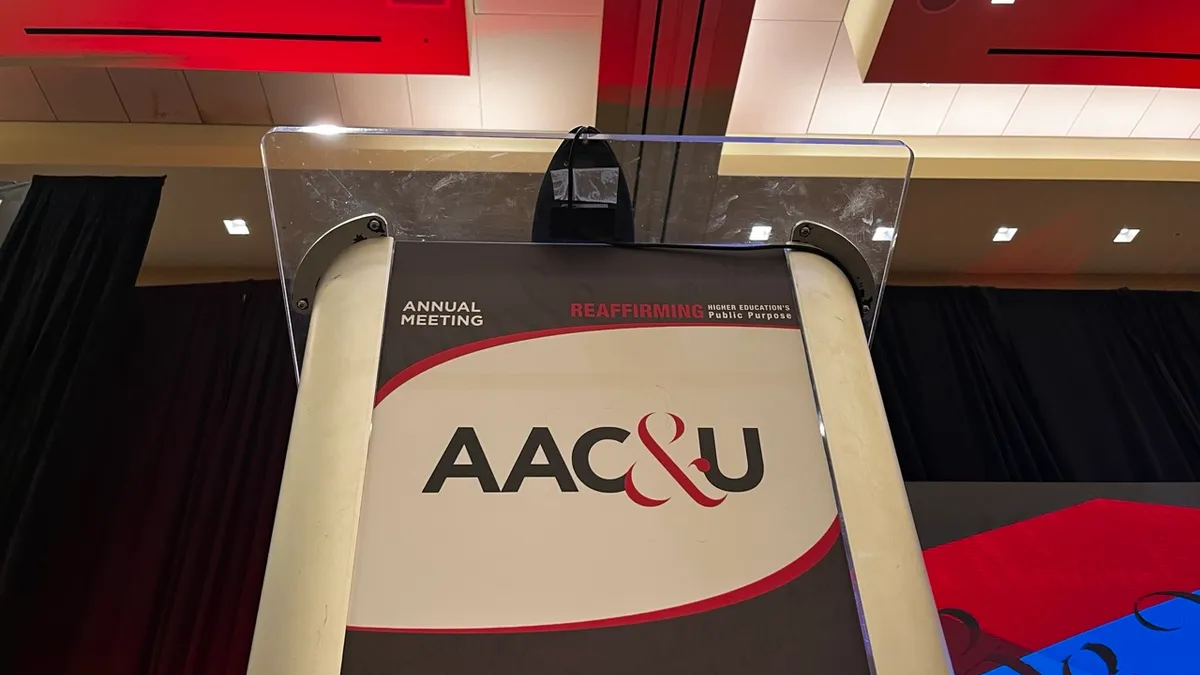Kevin Taylor, a philosophy instructor at the University of Memphis, grew up in central Illinois, outside of academic circles. Even though his parents never told him to expect money for college, both Taylor and his sibling earned doctorates.
“We considered ourselves working class," Taylor said. "Mom’s side of the family was restaurant business, whereas dad was in grocery. I think it’s somewhat uncommon for someone in my situation to go to college and very uncommon to earn a Ph.D.”
Taylor is not on the tenure track, and he took out “loans upon loans” for his doctoral program because no one advised him to actively seek out funding. Although he found full-time employment at Memphis — escaping the need to cobble together classes at multiple institutions to scrape together enough income to survive — he says his tenure-track and tenured colleagues enjoy perks he doesn’t.
“I do feel the pressing need to work my ass off, constantly prove myself, and do everything a tenure-track colleague does to get noticed, at risk to health and sanity,” Taylor said. “I can’t take a vacation or travel because I need to save money. My colleagues clearly get rest and relaxation, travel, and have disposable income for restaurants and entertainment. I do not.”
Aside from that, Taylor doesn’t think his socioeconomic background noticeably disadvantaged him — but his experience raises questions about pervasive divides that exist within academia. Using zip code data, a study published earlier this year found that tenure-track professors had median childhood household incomes that were 23% higher — or about $14,000 more — than the median income across all zip codes.
The study surveyed nearly 47,000 faculty across eight different disciplines, including STEM, social science and humanities fields. Its findings highlight how parents pass on their socioeconomic standing to their children and spark concerns that a college education locks in class rather than drives social mobility. It also found that over one in five tenure-track faculty boasts at least one parent with a Ph.D.
Those results cast higher education’s treasured concept of meritocracy into doubt.
A major function of universities “is to actually produce the idea of a meritocracy in an increasingly unequal society,” said Walter Benn Michaels, an English professor at the University of Illinois Chicago.
A highly functioning merit-based system wouldn’t necessarily mean there were fewer low-income people, Michaels said.
“It would just mean that some of the rich elite had origins in poverty, as opposed to having origins in wealth," he said. "So the stratification, first of all, is the problem.”
The paper reveals about academia what previous research has exposed about other high-status professions like doctors and lawyers, according to Aaron Clauset, one of the study’s coauthors and a computer science professor at the University of Colorado Boulder. A 2021 study, for instance, found that medical students disproportionately came from high-income backgrounds.
“We hold the principle of meritocracy very near and dear in academia," Clauset said. But the paper shows that “accumulated advantages” are influencing evaluations of professors in a way “that seems to undermine the notion that is an ideal meritocracy.”
Questions about what’s studied and taught
The study's results raise alarms about the production of knowledge within academia, said Jennie Brand, one of the paper’s authors and a sociology and statistics professor at the University of California, Los Angeles.
A relative lack of scholars from less-privileged backgrounds can mean a dearth of scholarship that would otherwise reflect different interests, values and perspectives — and perhaps indicates an abundance of scholarship forged by a narrow set of experiences.
“At a place like UCLA, we have a very diverse student body, and not nearly the same diversity with respect to the faculty," Brand said.
More tenured professors from low socioeconomic backgrounds might shift how research is conducted and discussed at colleges, Brand suggested.
Julie Park, an education professor at the University of Maryland, also argued that scholarship can suffer from a lack of faculty members coming from low-income backgrounds. She pointed out that in her field, a lot of attention is paid to selective universities instead of community colleges and open-access institutions.
“Probably if we had a greater range of faculty, we might have more studies on a broader range of institutions,” Park said.
Walter Metz is a film studies professor at Southern Illinois University, Carbondale. He said that as a film and television scholar, he’s noticed that what gets studied in graduate school in his field seems out of touch with what entertainment working-class family members consume.
“If one doesn't attend to the fact that television is being watched by people to relax, one probably isn't fully accounting for how and why people are using these media forms to keep the darkness away,” Metz said.
Class is also intertwined with race and gender in academia. Authors of the study didn’t examine those intersections extensively, though they found White professors are more likely to have a parent with a Ph.D. than are Black or Hispanic faculty members.
Tommy Curry, a philosophy professor at the University of Edinburgh, said class undoubtedly affects who pursues academic employment, but he suspects those factors fail to account for the discrimination and hostility faced by racial and ethnic minorities within the institution. He sees the animus extending to what’s deemed legitimate research and pedagogy.
Radical Black scholarship and even heterodox political and economic analyses aren’t seriously entertained in the humanities or social sciences at most universities, Curry said.
“The inclusion of poor or homeless experience, much less the perspectives of the Black poor and working class from the Mississippi Delta region and abandoned urban centers of the North have had little influence on how racism and economic deprivation are studied within disciplines,” Curry said.
Making a difference in how people teach
Michaels, of the University of Illinois Chicago, does not believe diversifying the socioeconomic backgrounds of faculty will address the aforementioned issues. The paper's authors don't provide evidence professors with working-class backgrounds will keep their perspectives if they become tenured, he observed.
And he doubts whether changing who makes it to the tenure-track ranks will significantly affect scholarship.
“It seems to me just as plausible to think exactly the opposite,” Michaels said.
He suggests focusing on changing low-paying jobs with little security or autonomy, which in academia tend to be adjunct positions. He highlights a potential role organizing and unionizing could play in altering the two-tier system.
“That political activity does, I think, make a difference in how people will understand their work, and it might make a difference in how they teach,” Michaels said, although he also rejected the notion any change in pedagogical content can itself correct underlying socioeconomic disparities.




















